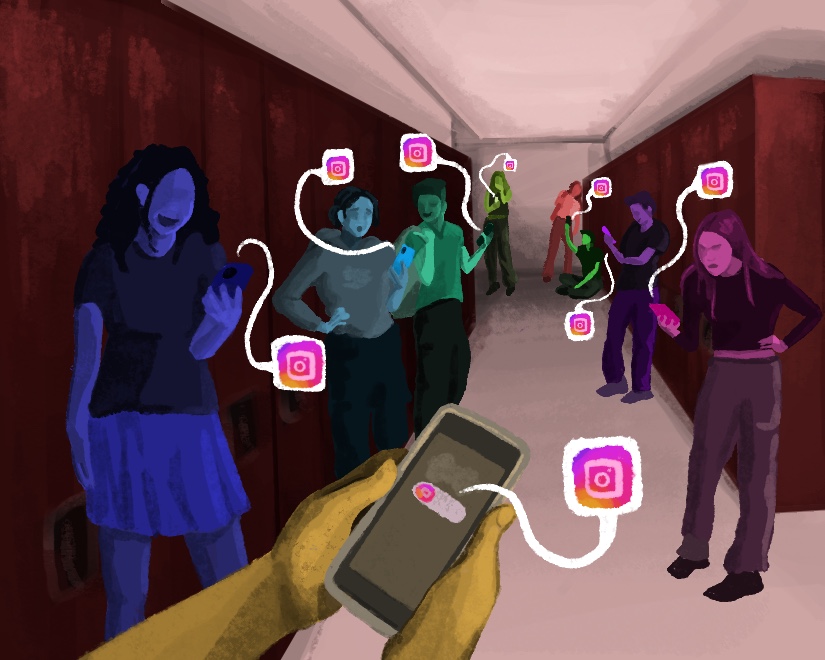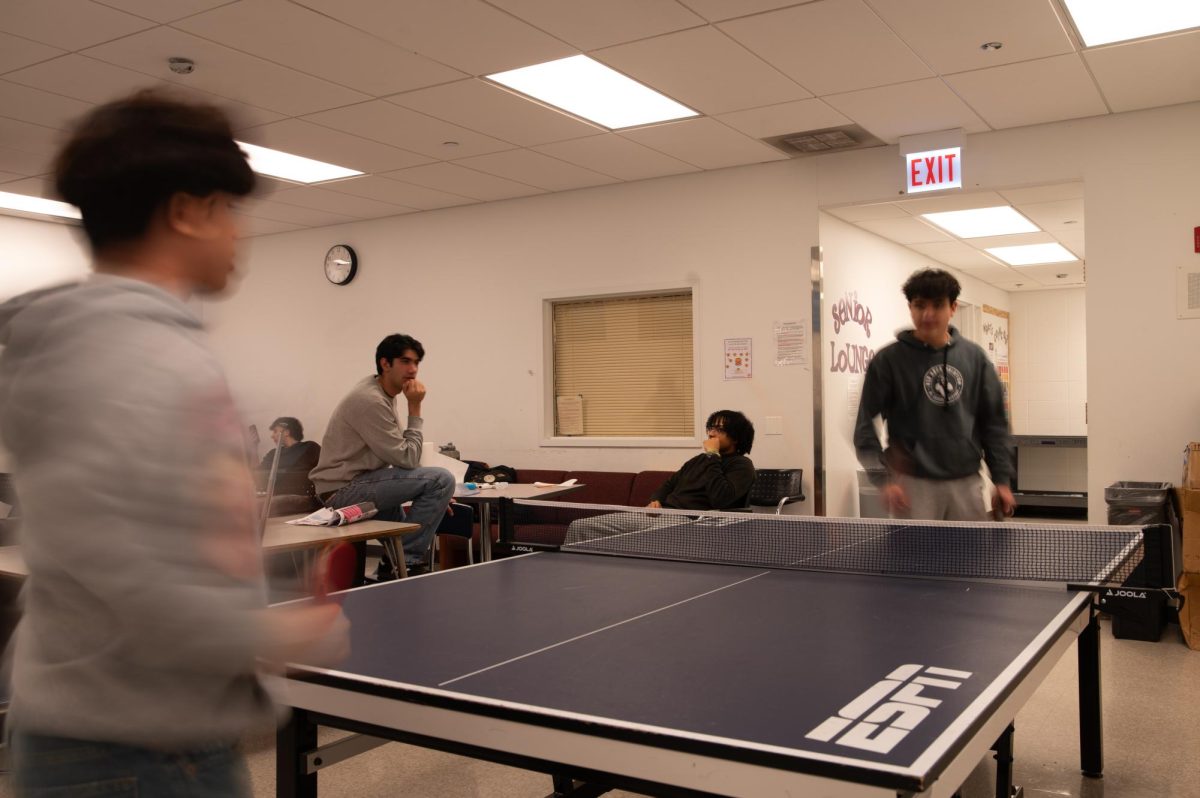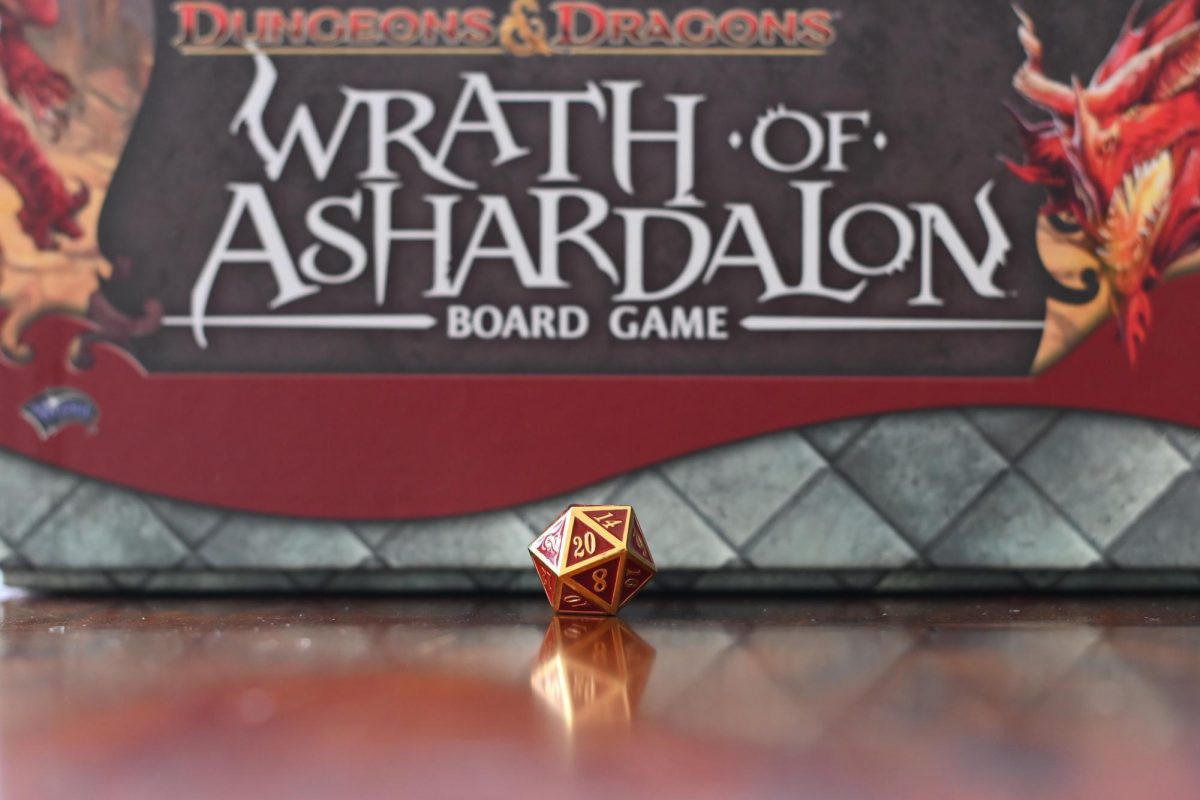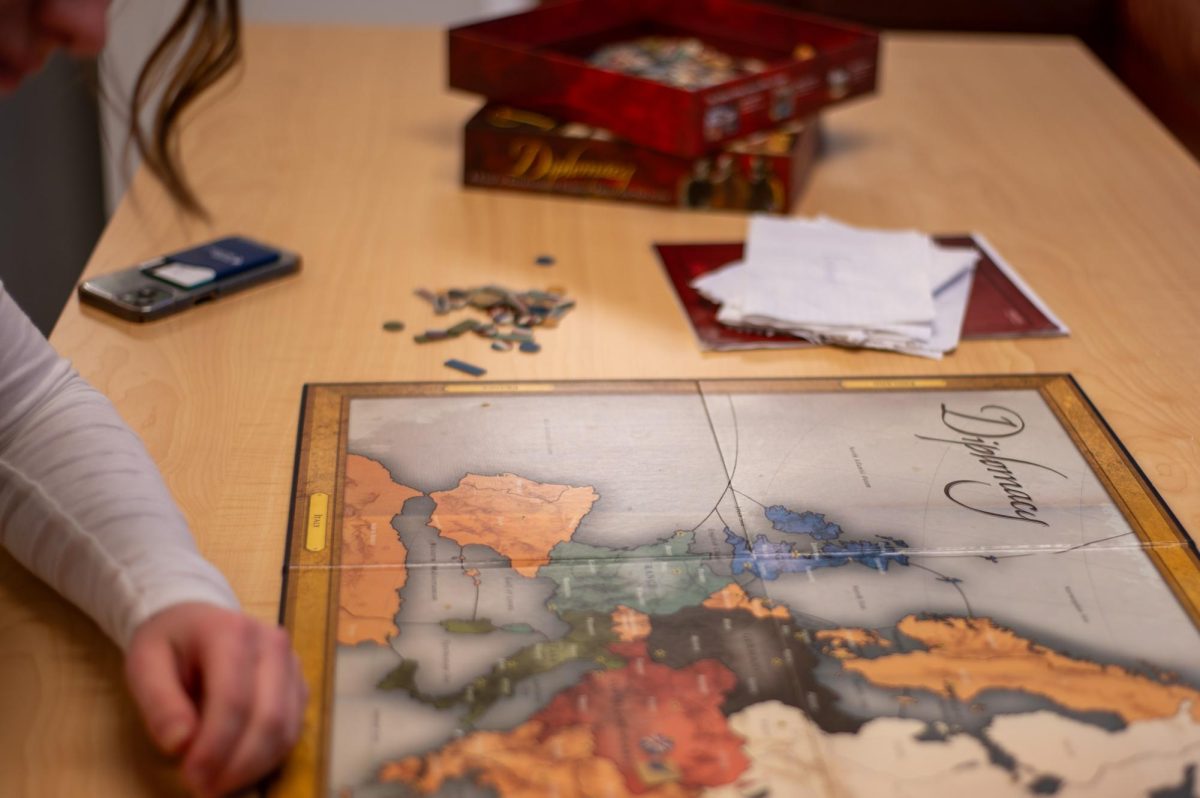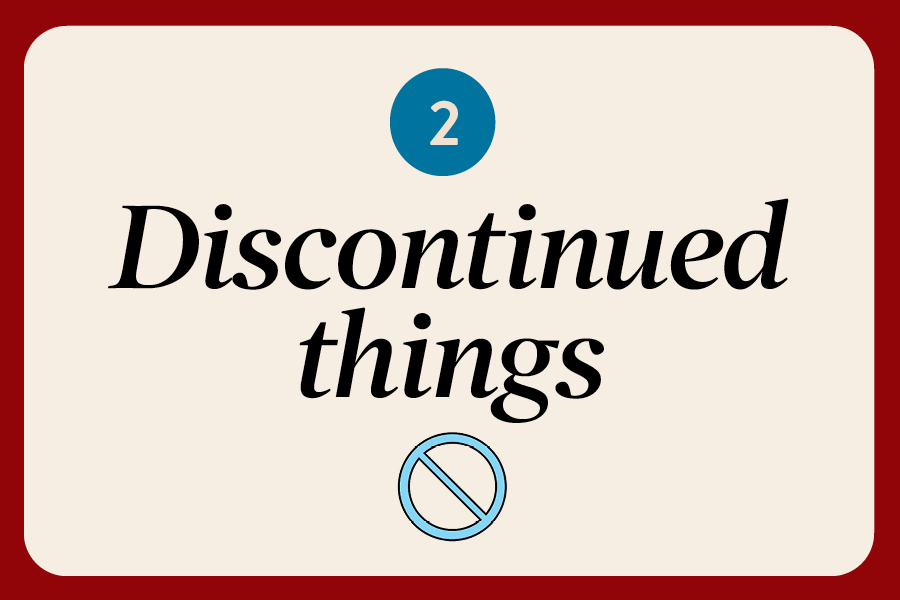It had been six months. Six months of intricately plotted strategy. Attacks and counterattacks. Vanquishing alliances and ruthless betrayals.
At last, a victor emerges from the rubble. The war is done. Ultimately, there are winners and losers.
“But everyone cheered anyway, because we were just happy it was over,” Diplomacy Club president Sam Pastor said of the club’s tournament from last fall. “And then we started a new one.”
Diplomacy is a World War I simulation game where players, representing different countries, vie to control Europe. For U-High’s Diplomacy Club, the dramatic and community-building game can take months. That’s part of the fun of it.
“I think it’s nice just to have an extra something to talk about with your friends over a long period of time,” Sam said. “Also, the fact that the game goes on for so long means that we get to
have more time to get invested in it, which we all think is fun.”
Nationally, board game sales in 2022 were up by about 28 percent compared to 2019, before the pandemic, according to market research company NPD Group.
Like Sam, a member of the Diplomacy Club, Max Gurinas, said he appreciates the unique length of the game. Players become more and more devoted.
“I like how invested you can get in a drawn-out game,” Max said. He added later, “the game is always there for you to think about and distract yourself from other, less fun things.”
Krish Khanna, another Diplomacy Club member, said that for top players, chess can go on for a long time, too. Still, he said, while some other games might have some of the complex qualities Diplomacy has, few match the multi-month span of the game.
Despite the increase in popularity of board games during the pandemic, some still think that online games have taken over the world of strategy gaming.
“I would actually say that it definitely has happened,” Sam said. “I’d say that clubs like Chess Club and Diplomacy Club would have more members if people didn’t have video games to play.
And, without a doubt, there are reasons for this. Max said that the benefits of online strategy games are evident.
“Online games tend to be longer, since they’re not as often limited to how much you can play in one sitting, and they also allow for asynchronous play,” Max said. “That allows for more time to strategize.”
Sam said that online gaming also has its faults.
“I think online games are more mentally taxing than board games,” he said. “You have to put your full effort into them at all times, stay focused, and they do sort of hurt your eyes and stuff like that.”
Amid the pros and cons of strategic gaming online, Max said that the real-life connections are what ultimately matter.
“Online might be a ‘purer’ form of a game than in-person,” Max said. “With that said, nothing online comes close to replicating the experience of hanging out in person. For that reason, I don’t think that people will ever stop playing in-person board games.”
Sam said that the longevity of traditional board games proves its value.
Sam said, “I think that the fact that so many people are still sticking with these more, quote-unquote, old fashioned games, shows that some games can really stand the test of time.”
Even if it takes six months.

